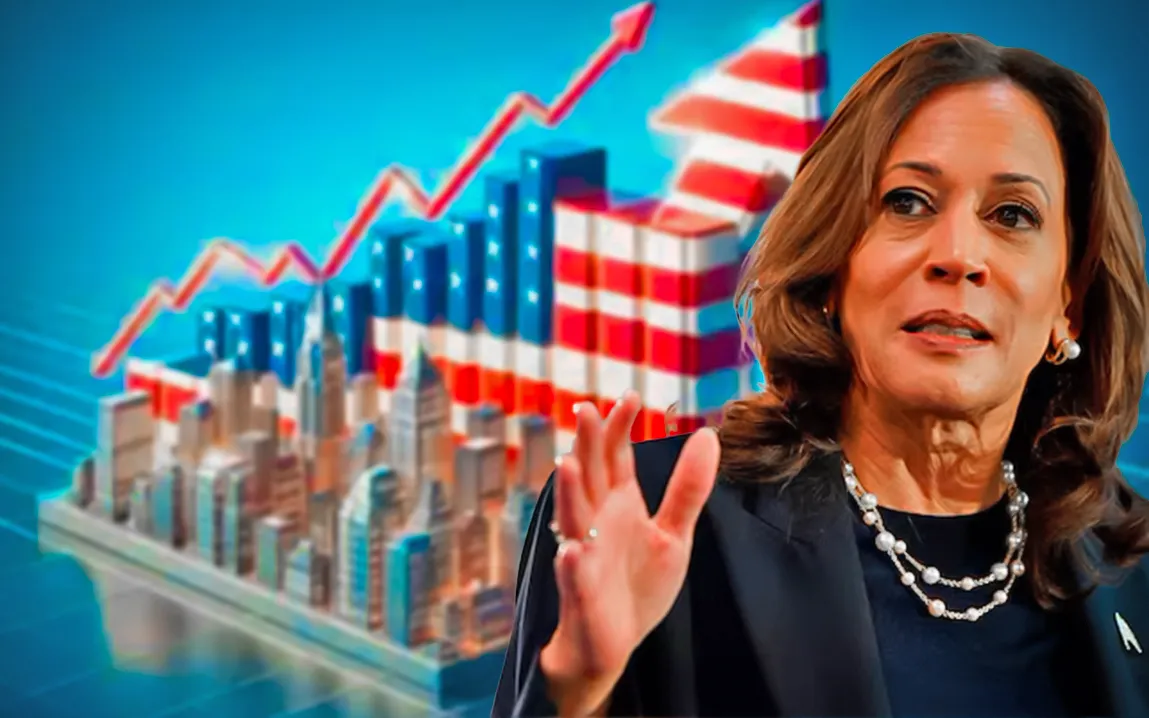Trade ministers from almost every nation in the world gather in Abu Dhabi on Monday for a World Trade Organization meeting with the goal of establishing new international trade regulations. On Monday, trade ministers from almost all nations will convene in Abu Dhabi for a summit of the World Trade Organization with the goal of establishing new international trade regulations. However, even the organization’s aspirational head, Ngozi Okonjo-Iweala, has attempted to temper expectations.
The nearly 30-year-old global watchdog, whose regulations form the basis of 75% of world trade, attempts to reach agreements by consensus, but these endeavors are becoming more and more challenging as indications of the world economy breaking up into distinct regions increase.
“Politically it’s quite a tough time,” Ngozi Okonjo-Iweala told reporters before the meeting, referencing wars, tensions, and forthcoming elections. “(But) I’m hopeful we will still be able to pull out some of the deliverables.”
Notwithstanding the several roadblocks in the way of a consensus amongst over 160 ministers on significant internal reforms, negotiators remain optimistic about a resolution that will boost global fish populations and safeguard fishermen by outlawing government subsidies.
“We are not in dreamland here. International cooperation is in bad shape. Real success would be fish, plus two or three things,” one trade delegate told Reuters.
An accord between about 120 countries to reduce investment hurdles that impede growth and the admission of two new members, Comoros and East Timor, are other results of the four-day meeting that are either certain or attainable.
More challenging issues include extending a 25-year ban on imposing tariffs on digital trade, which India and South Africa reject, and a trade pact on agricultural regulations that has failed negotiators for decades.
In an attempt to guarantee the organization’s continued relevance, trade and sustainability will be discussed, according to Thani Al Zeyoudi, UAE trade minister and chair of the conference.
“The next generation will not have the same trade ecosystem that we have nowadays and we don’t want the organisation to be outdated when the next generation is running the trade dossier,” he stated to Reuters.
The tenacity of Okonjo-Iweala, a former finance minister of Nigeria, whose insistence on all-night talks helped secure a package of treaties in Geneva in 2022, is one element that might be helpful.
“What makes me a bit more optimistic than others at this point is that the director-general is a very proactive person and is prepared to push ministers. Also, the UAE trade minister is very results-oriented,” said Alan Yanovich, partner at law firm Akin Gump Strauss.
The secretary general of the International Chamber of Commerce, John Denton, stated that it would be worthwhile to pursue even a modest goal, such a ministerial statement that demonstrated a shared goal among states.
“The WTO is a public good ultimately, and our view is that there is a major cost to the real economy from any erosion of that system,” he stated.




